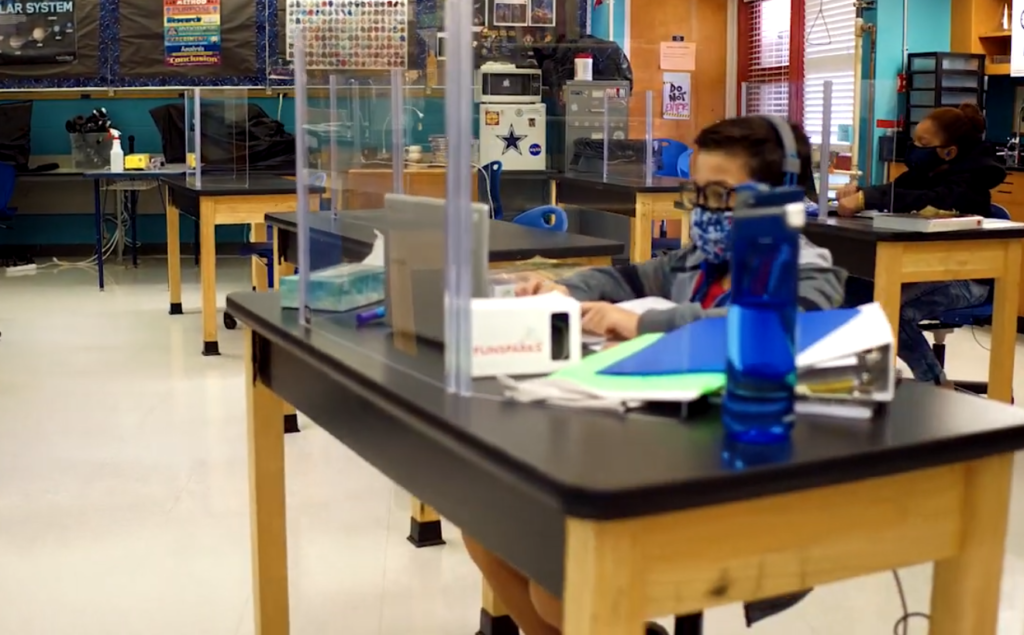
State colleges and universities now will be able authorize the creation of charter schools and sponsor those schools after Florida Gov. Ron DeSantis signed the measure into law Tuesday.
SB 1028, which included a ban on transgender females competing in women’s school sports, started out as a charter school bill before becoming an omnibus bill late in the legislative session. The new law allows higher education institutions, after approval from the Florida Department of Education, to solicit applications from charter schools.
Universities previously were allowed to sponsor charter developmental research schools, often referred to as lab schools. Three charter lab schools now exist in the state: Florida State University Charter Lab K-12 School in Broward County; Florida Atlantic University Charter Lab 9-12 High School in Palm Beach County; and Florida Atlantic University Charter Lab K-12 School in St. Lucie County.
State colleges also have been authorized to work with school districts to help develop charter schools that offer secondary education and an option for students to receive an associate degree upon graduation. They additionally were allowed to sponsor one charter school under certain conditions.
The new law expands that authorization and allows colleges and universities to sponsor and operate charter schools inside any school district within its service area, with the higher education institution taking “full responsibility” for overseeing the charter school.
The bill’s sponsor, state Sen. Travis Hutson, R-Palm Coast, said his proposal would streamline charter school applicants’ process of seeking approval, especially for “charter schools-in-the-workplace,” which are sponsored by local school districts in partnership with a company or business. Such schools typically target the children of employees of a company or business.
“Where we’re seeing some issues … is where we want to have multiple workforce applicants from a region itself, and you’ve got different school districts,” Hutson said. “So, we’re saying, instead of trying to go through three approval processes, you can go right to the state for that approval.”


